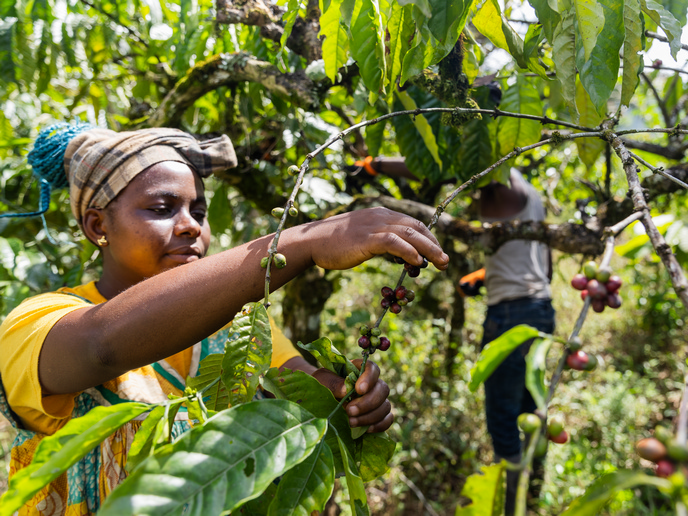Social innovations to boost life on the farm
Farmers are exposed to a range of pressures that can impact their mental, physical and social well-being. Declining incomes for example have forced many to search for alternative income sources. “Farming is also a physically demanding job with a high risk of work accidents, a problem that is becoming more pronounced as the farm population ages,” says FARMWELL(opens in new window) project coordinator Edina Ocsko from the E40 Group(opens in new window) in Hungary. “Many of these challenges are often present simultaneously, further aggravating farmers’ mental, physical and social well-being.”
Low income a key issue for farmers
The EU-funded FARMWELL project sought to help farming communities overcome these challenges, by bringing forward social innovations in six partner countries(opens in new window) – Belgium, Greece, Hungary, Italy, Poland and Romania. The project began by outlining the key challenges faced by farmers in each country, and then identifying the innovations best suited to help address these challenges. “The types of social challenges that farmers are facing today are very diverse,” notes Ocsko. For instance, low income was one of the key issues that the project’s Romanian partners focused on, while Italian project partners looked at the unfavourable situation of irregular farm workers. Other challenges addressed included high energy prices, the lack of social services, and the unrecognised role of women in rural areas. “These problems cannot be solved by farmers on their own,” remarks Ocsko. “There is a need for support, most of all from other farmers but also from veterinarians, counsellors and farm advisory services, as well as therapists and mental healthcare providers. This is why social innovations focused on cooperation and social interaction are so important.”
Implementing tailored social innovations
The FARMWELL project team next identified a number of tailored social innovations(opens in new window) for each of the challenges. They were implemented in case studies across the six partner countries. In Italy for example, Humus Job – a social innovation to help farmers recruit workers legally – can reduce labour costs and improve mental and social well-being, while promoting social acceptance of migrants in society. In Poland, the ‘Independently (not alone)’ project, created a network of care farms for people with intellectual disabilities. And in Hungary, small farmers initiated ‘open farm’ cooperation as well as short food supply chain methods in Zala Valley. “A cost-benefit assessment(opens in new window) was also carried out across the 12 case studies, using what is called the social return on investment (SROI) methodology,” adds Ocsko. “This sought to estimate the monetary value of the often intangible social benefits of such innovations.”
Raising awareness about farmer well-being
Ocsko and her team believe that raising awareness about farmer well-being is important on a number of levels. Farmers need to be more aware of the support services available to them, while organisations that support farmers need to be more aware of the challenges that impact farmers’ well-being. “Society as a whole needs to be more aware of the social challenges that farmers are facing to overcome negative societal perception,” she notes. In order to encourage this moving forward, the project has compiled all its social innovations, case studies and policy recommendations together in a freely available toolbox(opens in new window). The aim is to provide policymakers and the farming community with practical help and inspiration. “Farmers’ well-being is a concern for all of us,” says Ocsko. “It is time to act.”







